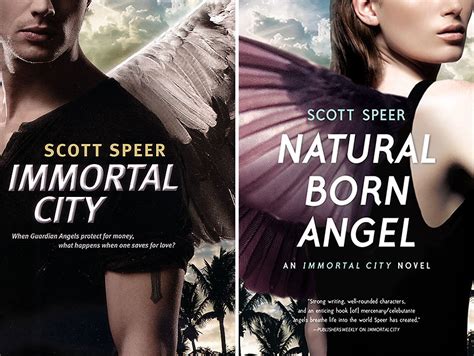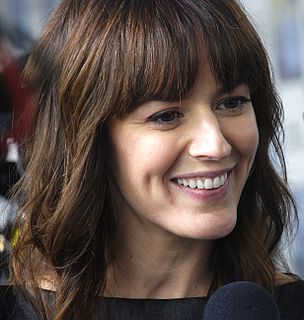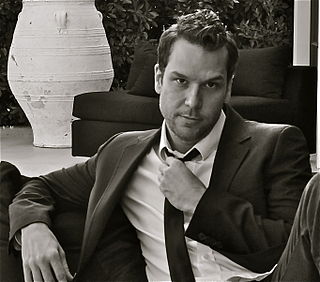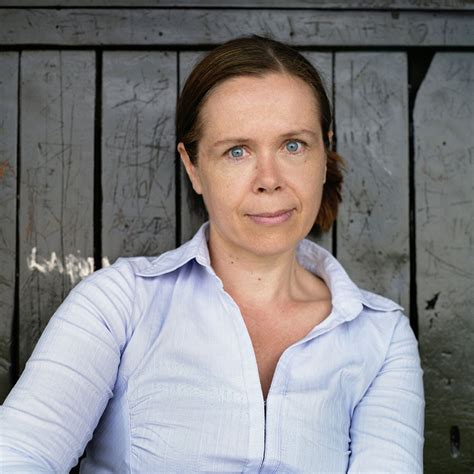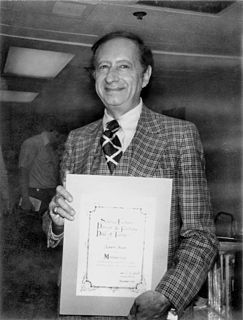A Quote by Elizabeth Gilbert
I won the argument against the knife that night, but barely. I had some other good ideas around that time--about how jumping off a building or blowing my brains out with a gun might stop the suffering. but something about spending a night with a knife in my hand did it. The next morning I called my friend Susan as the sun came up, begged her to help me. I don't think a woman in the whole history of my family had ever done that before, had ever sat in the middle of the road like that and said, in the middle of her life, "I cannot walk another step further--somebody has to help me.
Quote Topics
About
Against
Another
Argument
Around
Barely
Before
Blowing
Brains
Building
Came
Cannot
Did
Done
Ever
Family
Friend
Further
Good
Good Idea
Good Ideas
Gun
Had
Hand
Help
Help Me
Her
History
How
Ideas
Jumping
Jumping Off
Knife
Life
Like
Me
Middle
Middle Of The Road
Might
Morning
My Family
My Friend
Next
Night
Off
Other
Out
Road
Said
Sat
Some
Somebody
Something
Spending
Step
Stop
Suffering
Sun
Susan
Think
Time
Up
Walk
Whole
Woman
Related Quotes
She asked me what was wrong, and I told her I had to end it. She was surprised, and asked my why I thought so. I told her it wasn't a thought, more a feeling, like I couldn't breathe and knew I had to get some air. It was a survival instinct, I told her. She said it was time for dinner. Then she sat me down and told me not to worry. She said moments like this were like waking up in the middle of the night: You're scared, your'e disoriented, and you're completely convinced you're right. But then you stay awake a little longer and you realize things aren't as fearful as they seem.
I'm still passionate now about my job, but when I first started out as a kid, I was so motivated. No one had ever acted in my family before, and my parents had no idea how to help with that. I would leave notes on my parents pillow every night at 13 saying, "Please help me find an agent!" Eventually it worked, so I relate to that go-getter mentality.
Jacks stood beside her. Instead of saying anything, she felt his fingers trace up her palm and then lace into hers. He had taken her hand before, quickly and for functional reasons—usually to drag her off to someplace she didn’t want to go—but he had never held her hand. Not the way couples did in parks or lovers did in old movies. Maddy stood there and felt the heat of his grip. It made her think of that first night in the diner, when they had talked about pretend memories and she had felt so connected to him.
How sadly things had changed since she had sat there the night after coming home! Then she had been full of hope and joy and the future had looked rosy with promise. Anne felt as if she had lived years since then, but before she went to bed there was a smile on her lips and peace in her heart. She had looked her duty courageously in the face and found it a friend--as duty ever is when we meet it frankly.
One of the patients that really stands out for me was a middle-aged woman who actually had HIV in the early days, and helping her kind of come to terms with that. She had rather late-stage illness, but just helping her, sort of cope with the challenges of the disease and the infections and all that, but also her social issues, like, coming out to her family about the illness, and a very religious family.
Was it the act of giving birth that made you a mother? Did you lose that label when you relinquished your child? If people were measured by their deeds, on the one hand, I had a woman who had chosen to give me up; on the other, I had a woman who'd sat up with me at night when I was sick as a child, who'd cried with me over boyfriends, who'd clapped fiercely at my law school graduation. Which acts made you more of a mother? Both, I realized. Being a parent wasn't just about bearing a child. It was about bearing witness to its life.
I once overheard the sweetest old woman behind me on a train tell her adorable old husband as he scoffed down a ham sandwich she had brought along, "If you ever yell at me to "stop bringing a ham sandwich with me every where we go" again? Next time I'm bringing a gun. And I'm blowing your God damn head off."
Help me, Mikey, she wanted to say. I’m afraid. More afraid than you’d ever believe.’ And he’d take her hand and they’d fly across the rooftops and up into space and sit on some planet and watch a double sunrise or maybe a star being born or some other event that no human had ever seen, her head on his shoulder, his arm around her. And she’d tell him everything.
It had ceased raining in the night and he walked out on the road and called for the dog. He called and called. Standing in that inexplicable darkness. Where there was no sound anywhere save only the wind. After a while he sat in the road. He took off his hat and placed it on the tarmac before him and he bowed his head and held his face in his hands and wept. He sat there for a long time and after a while the east did gray and after a while the right and godmade sun did rise, once again, for all and without distinction.
Sharp knives seemed to cut her delicate feet, yet she hardly felt them, so deep was the pain in her heart. She could not forget that this was the last night she would ever see the one for whom she had left her home and family, had given up her beautiful voice, and had day by day endured unending torment, of which he knew nothing at all. An eternal night awaited her.
Want know how I got these scars? My father was a drinker and a fiend. And one night he goes off crazier than usual. Mommy gets the kitchen knife to defend herself. He doesn't like that. Not one bit. So, me watching, he takes the knife to her, laughing while he does it. He turns to me, and he says, 'why so serious?' He comes at me with the knife. 'Why so serious?!'. He sticks the blade in my mouth. 'Let's put a smile on that face!' And why so serious?
No one in my family or my circle of friends had ever had to confront something like this. Jamie was seventeen, a child on the verge of womanhood, dying and still very much alive at the same time. I was afraid, more afraid than I'd ever been, not only for her, but for me as well. I lived in fear of doing something wrong, of doing something that would offend her. Was it okay to ever get angry in her presence? Was it okay to talk about the future anymore?
Then she did see it there - just a face, peering through the curtains, hanging in midair like a mask. A head-scarf concealed the hair and the glassy eyes stared inhumanly, but it wasn’t a mask, it couldn’t be. The skin had been powdered dead-white and two hectic spots of rouge centered on the cheekbones. It wasn’t a mask. It was the face of a crazy old woman. Mary started to scream, and then the curtains parted further and a hand appeared, holding a butcher’s knife. It was the knife that, a moment later, cut off her scream. And her head.



